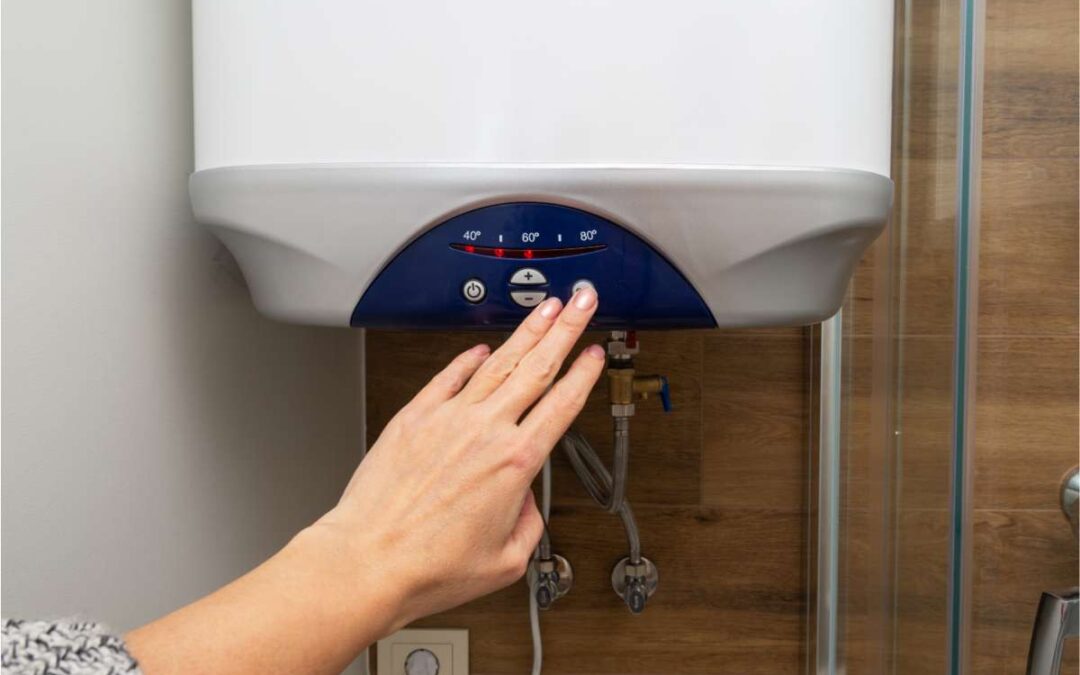Do you know the difference between a conventional hot water tank and a tankless water heater? We’re here to tell you how they both work and why more and more homeowners are switching to tankless models.
Call 250-729-2394 for general service, or 250-616-1446 for 24 hour emergency services.
What is a Hot Water Tank?
Hot water tanks are the typical large storage tanks most people think of when they think of hot water heaters. They operate by using a heating element, typically located at the bottom of the tank, to heat up the water stored inside the tank. When you turn on a hot water tap in your home, the heated water in the tank is sent through your pipes to the tap. Insulation around the tank helps to retain heat, increasing energy efficiency. When you use a lot of hot water in a short time span, for example if multiple people shower in a row, your hot water tank will empty out, and you will need to wait for the tank to fill and heat up again before your hot water comes back.
What is a Tankless Water Heater?
Tankless water heaters are a much more compact water-heating system that works by heating water directly as it flows through the unit, eliminating the need for a storage tank. Inside a tankless water heater, powerful heating elements or a gas burner rapidly heats water as it is needed for use in your home. This on-demand heating process ensures a continuous and immediate supply of hot water, meaning that when you have a tankless water heater, you will not run out of hot water the way you can with a hot water tank.
The Benefits of a Tankless Water Heater
Hot Water on Demand: With a tankless water heater, you get hot water instantly when you need it. No more waiting for a tank to heat up – just turn on the tap, and you’re good to go.
Up to 50% Energy Savings: Tankless water heaters are extremely energy efficient. Unlike traditional tanks that have to constantly work to keep water hot, tankless systems only heat water when you need it. This slashes energy consumption, helping you save money on your utility bills.
Long Life Expectancy: The absence of a storage tank means no corrosion from sitting water, contributing to a longer and more reliable lifespan. With proper maintenance, you can expect a tankless unit to last 15–20 years, while hot water tanks typically only last about 10 years.
Reduced Risk of Flooding: Since tankless water heaters don’t store water, there’s no risk of a catastrophic tank failure and flooding. Traditional tanks can spring leaks or even burst, causing significant water damage. With a tankless system, you enjoy peace of mind knowing that the risk of unexpected water-related disasters is significantly lower.
Environmentally Friendly: The energy efficiency of a tankless water heater not only saves you money but also reduces overall energy consumption, lowering your carbon footprint. By opting for a tankless system, you’re making an impactful choice for a greener and more sustainable home.
If you are interested in upgrading to a tankless water heater, get in touch with the team at Waywest Mechanical today! We take pride in our work and always provide precise, thorough installation services.

